As fitness professionals, our clients often look to us for guidance not only in the gym but also in the kitchen. Nutrition plays a pivotal role in achieving health and fitness goals, making it essential for us to understand our scope of practice when offering dietary advice. In this article, we’ll explore the boundaries of what personal trainers can do as nutrition coaches, how it varies across states, potential legal liabilities, and the distinctions between our role and that of a registered dietitian.
Understanding the scope of practice is crucial to ensure we provide effective and safe guidance to our clients. Without proper qualifications and knowledge, we risk overstepping boundaries and potentially causing harm. That’s why obtaining a legitimate nutrition coaching certification is strongly recommended. It not only enhances our expertise but also demonstrates our commitment to professional development and client well-being.
However, even with a certification, it’s important to recognize that the guidelines for nutrition coaching may differ depending on the certifying body and the state in which you coach. While some organizations may allow fitness professionals to offer general dietary advice and healthy eating tips, others may have stricter limitations or require additional credentials.
Before delving into nutrition coaching, it’s crucial to check with your certifying body to understand its stance on the role of fitness professionals in nutrition guidance. Familiarize yourself with any codes of conduct or guidelines they provide to ensure compliance and ethical practice.
In addition to certification and organizational guidelines, it’s essential to be aware of legal considerations when offering nutrition advice. Personal Trainers could face potential lawsuits if they provide inaccurate or inappropriate dietary recommendations that result in harm to clients. This emphasizes the importance of staying within our scope of practice and referring clients to registered dietitians or other qualified professionals when necessary.
Such a lawsuit occurred in 2022 when Brittany Dawn Davis, a fitness influencer, was accused of deceptive practices related to personalized fitness and nutrition plans. She ended up settling with a $400,000 payment in civil penalties and restitution. It was stated that her nutrition plans misled her followers with eating disorders and potentially caused them harm.
With nutrition being a large aspect of health improvement, what exactly are personal trainers allowed to do when it comes to nutrition coaching?
While the specifics may vary, there are generally accepted practices that fall within our scope of practice:
- Providing general nutrition education: Personal trainers can offer basic information on macronutrients, micronutrients, hydration, and the importance of balanced eating. This may include discussing portion control, food choices, and meal timing.
- Offering meal planning guidance: While personal trainers cannot prescribe specific meal plans tailored to individual needs, they can offer general guidance on building balanced meals and snacks. This may involve recommending nutrient-dense foods, emphasizing variety, and encouraging mindful eating habits.
- Supporting behavior change: Personal trainers can help clients set realistic goals, develop healthy eating habits, and overcome barriers to dietary adherence. This may include strategies for meal prep, grocery shopping, and managing cravings.
- Collaborating with other professionals: When clients require specialized dietary advice or have complex health conditions, personal trainers should refer clients to a registered dietitian, physician, or other healthcare providers. This ensures clients receive comprehensive care that aligns with their individual needs and goals.
While personal trainers can offer valuable guidance in nutrition, it’s important to recognize the limitations of our role compared to that of a registered dietitian. Registered dietitians undergo extensive education and training to assess nutritional needs, develop personalized meal plans, and manage medical conditions related to diet. They are qualified to provide individualized nutrition counseling and medical nutrition therapy, which falls outside the scope of practice for most personal trainers.
The key to remember as fitness professionals, is to understand our scope of practice when offering nutrition coaching to clients. By obtaining proper certification, adhering to organizational guidelines, and staying within our areas of expertise, we can provide effective and safe guidance that supports our clients’ health and fitness goals. Collaboration with other healthcare professionals and a commitment to ongoing education further enhance our ability to serve clients effectively.

Leave a Reply
You must be logged in to post a comment.